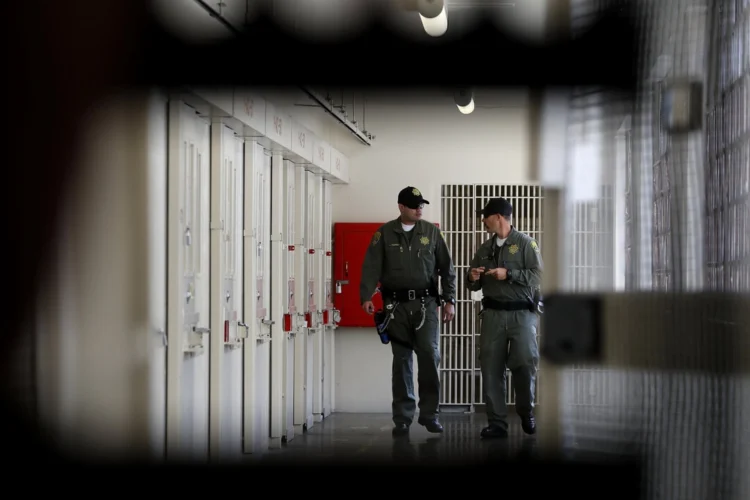A recent state audit, published on October 15, 2024, has uncovered significant oversight issues within California’s program for releasing sexually violent predators (SVPs) back into communities. The program, managed by the Department of State Hospitals (DSH) and operated under a $9.4 million annual contract with Liberty Healthcare, aims to provide secure, supervised housing for SVPs after they are released from prison or state hospitals. However, the audit reveals shortcomings in the state’s ability to effectively monitor the contractor’s performance.
State Auditor Grant Parks’ report indicated that while participants in the program reoffended less frequently than those released unconditionally, the lack of oversight allowed known deficiencies to persist for years. These gaps included outdated policies, incomplete procedures, and an ineffective system for tracking the implementation of corrective actions. Notably, recommendations from a 2019 review were still unresolved, and the contractor had not established protocols for managing participants in emergencies.
Since its inception in 2003, the program has placed 56 sexually violent predators into California communities. While only two reoffended after release, the audit pointed out that placing participants in suitable housing takes an average of 17 months, far exceeding the 30-day mandate set by state law. This delay is due to a variety of factors, including stringent safety requirements, the reluctance of property owners to house SVPs, and local community opposition.
Criticism of the program extends to its rising costs. The total expense increased from $6.6 million in 2018 to $11.5 million in 2022, with much of the surge attributed to housing and security costs, contractor rate increases, and mandated security upgrades. State Sen. Brian Jones, a critic of the program, raised concerns about its transparency and effectiveness, questioning whether it prioritizes public safety adequately.
In response to the audit, DSH officials defended their oversight, citing daily interactions and quarterly reviews with Liberty Healthcare. Still, the audit recommended several changes, including speeding up housing placements and exploring the feasibility of transitional housing facilities on state-monitored grounds.
This report highlights the challenges California faces in balancing public safety with the legal and logistical complexities of reintegrating sexually violent offenders into society.






























